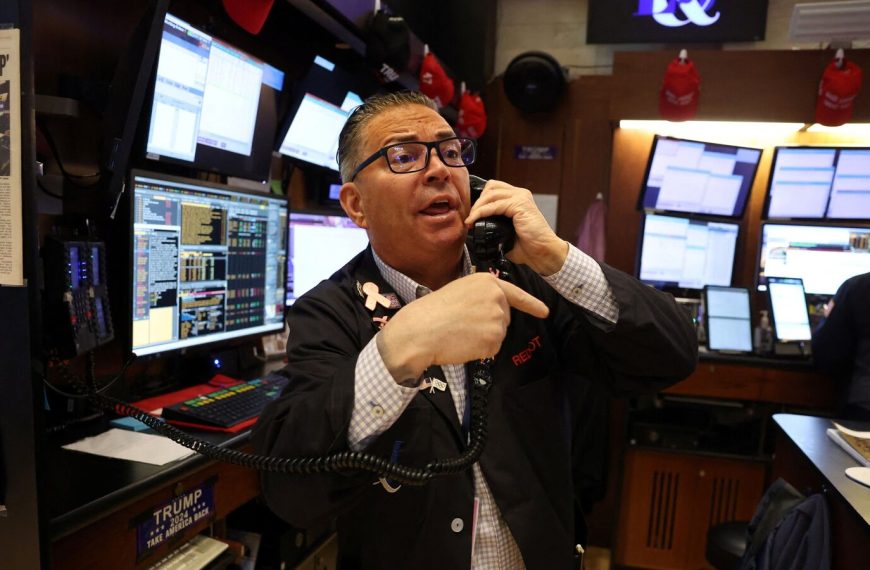The recent guidelines established by the Securities and Exchange Board of India (SEBI) regarding the futures and options (F&O) market have not deterred retail investors from actively engaging in index options trading. In fact, participation levels have seen a slight uptick, indicating a resilient interest among individual traders.
Retail Investor Activity Remains Strong
Data from the National Stock Exchange (NSE) reveals that retail traders accounted for 35.7% of the premium turnover in index options during the financial year concluding in March 2025. This marks growth from 35% in FY 2024 and a notable increase from 27% in the pre-pandemic financial year of 2019.
- In the last financial year, the premium turnover from individual investors on the NSE reached an impressive Rs 48.46 lakh crore.
- This figure is just 0.2% lower than FY 2024 but shows a substantial growth of over 21% compared to the previous year.
- To put this in perspective, the turnover during the financial year 2020 was a mere Rs 3.1 lakh crore.
SEBI’s Vigilance and Future Measures
SEBI has been closely monitoring the trading activities within the index options sphere, especially with respect to the significant positions taken on expiry days. According to sources familiar with the situation, the regulator is contemplating additional measures to address these concerns.
- A key issue highlighted is the pronounced accumulation of positions, particularly as expiry approaches, even with an additional 2% extreme loss margin in place.
The revised regulations for the F&O segment were rolled out in November 2024 and were implemented gradually until February.
Key Insights from Recent Data
In a July 2024 consultation paper, SEBI reported that 9.2 million unique individuals and proprietorship firms participated in the index derivatives market on the NSE for FY 2023-24. However, the cumulative trading losses amounted to Rs 51,689 crore, with only 1.4 million investors achieving profitability. This statistic indicates that roughly 85% of participants faced net trading losses.
In response to the shifting market dynamics characterized by increased retail participation, SEBI introduced several measures in October aimed at safeguarding investors. These included:
- Immediate collection of option premiums from buyers.
- Removal of the calendar spread treatment on expiry days.
- Enhanced monitoring of position limits throughout the day.
- Revisions to contract sizes for index derivatives.
- Streamlining of weekly index derivatives products.
- Increased tail risk coverage on expiry days.
Evolving Definition of Retail Investors
UR Bhatt, director at Alphaniti Fintech, suggests that many retail investors who entered the derivatives market during the pandemic have now escalated their investment sizes. This evolution may necessitate a redefinition of what constitutes a retail investor.
Vinit Bolinjkar, head of research at Ventura Securities, emphasizes that SEBI aims to protect individual investors from potential losses to larger international entities. He notes that while risk-taking is inherent in investing, measures such as higher transaction costs, net worth eligibility criteria, and increased margins could be beneficial in this context.
In conclusion, while SEBI’s efforts to regulate the F&O segment are ongoing, retail investor engagement continues to thrive, reflecting the dynamic nature of India’s financial markets.











